Market Analysis
In-depth Analysis of Europe UPS Market Industry Landscape
The Europe Uninterruptible Power Supply (UPS) market is influenced by various factors that collectively shape its dynamics and growth. One of the key drivers of this market is the increasing reliance on digital technology and the need for uninterrupted power to support critical infrastructure. With businesses, industries, and individuals relying heavily on electronic devices and data centers, the demand for UPS systems has grown to ensure a continuous and stable power supply, mitigating the impact of power outages or fluctuations.
Government policies and regulations are critical market factors in the European UPS sector. The European Union (EU) and national governments have established regulations and standards to ensure the reliability and efficiency of power supply systems. Additionally, environmental considerations drive policies encouraging energy efficiency and the use of greener technologies. Incentives and regulations that promote the adoption of energy-efficient UPS systems contribute to the market's growth and alignment with broader sustainability goals.
Technological advancements play a significant role in shaping the European UPS market. Innovations in UPS design, battery technologies, and energy storage solutions enhance the efficiency and performance of UPS systems. Lithium-ion batteries, for example, are gaining popularity for their longer lifespan and higher energy density. Advanced features such as remote monitoring, predictive maintenance, and integration with smart grids contribute to the appeal and effectiveness of UPS systems in the European market.
Economic factors are pivotal in influencing the European UPS market. The increasing digitization of industries and the growing reliance on data centers contribute to the market's expansion. Businesses recognize the financial implications of downtime and data loss, driving investments in reliable UPS systems to safeguard operations and critical data. The Total Cost of Ownership (TCO) considerations, including initial costs, maintenance, and energy efficiency, play a crucial role in the decision-making process for businesses and organizations.
The energy transition towards sustainability is a key market factor in Europe. As the region emphasizes reducing carbon emissions and transitioning towards greener energy sources, UPS systems are expected to align with these goals. Energy-efficient UPS systems and those capable of integrating with renewable energy sources contribute to a more sustainable power infrastructure, fostering a positive market environment in the context of broader environmental initiatives.
Infrastructure development is another critical market factor influencing the European UPS market. The expansion of data centers, the modernization of industrial facilities, and the growth of telecommunications infrastructure drive the demand for reliable power protection solutions. UPS systems are integral to ensuring the continuous operation of critical infrastructure, and as these infrastructures expand and evolve, the demand for advanced UPS solutions is likely to increase.
Market competitiveness and industry collaborations contribute to the dynamics of the European UPS market. The presence of various UPS manufacturers, service providers, and technology developers fosters competition, driving innovation and efficiency improvements. Collaborations between industry players and technology partners lead to the development of UPS solutions that address specific challenges and requirements in the European market, ensuring a diverse range of products to meet various needs.
Consumer awareness and preferences also impact the European UPS market. While end consumers may not directly purchase UPS systems, businesses and organizations are increasingly aware of the importance of reliable power protection. Consumer preferences for energy-efficient solutions, reliability, and the ability to integrate with modern technologies influence the selection and adoption of UPS systems in the European market.
The European UPS market is shaped by a combination of factors, including government policies, technological advancements, economic considerations, and consumer preferences. As the region continues to advance towards a digital and sustainable future, UPS systems play a crucial role in ensuring the reliability of power supply for critical applications. The interplay of these market factors ensures that the European UPS market remains dynamic, adapting to the evolving needs of businesses, industries, and the broader energy landscape.


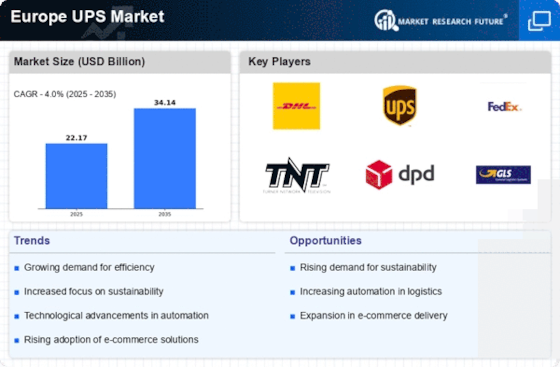
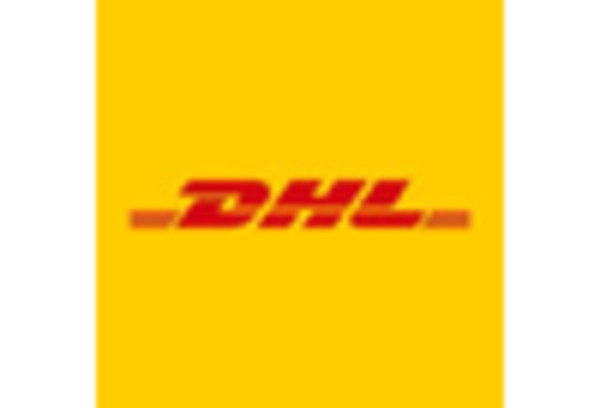
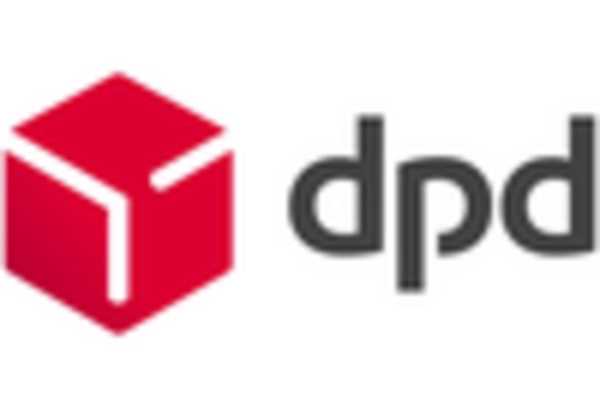

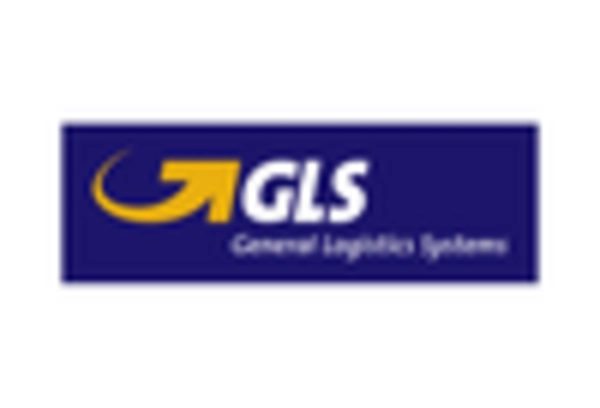
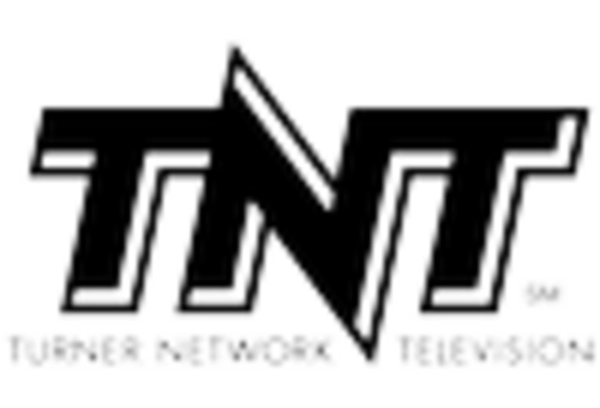










Leave a Comment